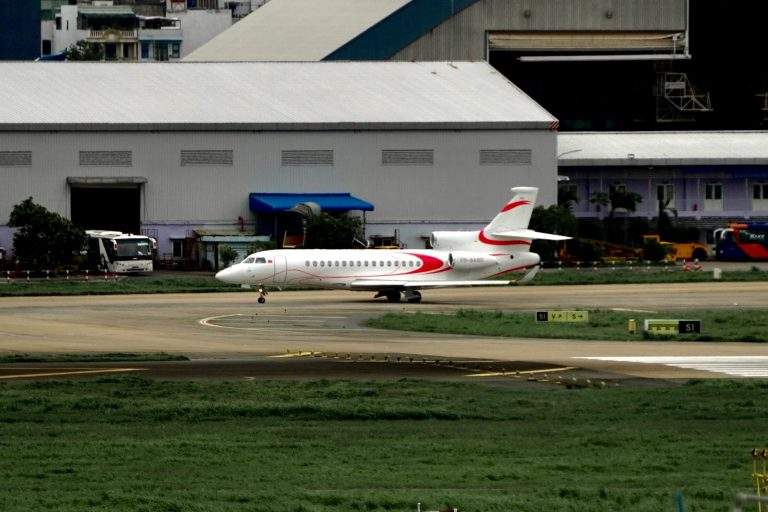MMA legend and ex-UFC champion Conor McGregor made waves on social media last week when paparazzi footage caught him kissing an unidentified woman on a beach in Florida. The brief but clear video made the rounds of the internet, and it drew scathing criticism and plenty of speculation about his status with longtime girlfriend Dee Devlin.
Conor McGregor Action
Critics, media, and fans alike quickly had their say regarding the event. Some questioned McGregor’s judgment, while others fretted about Devlin, who has stood by him through each of his highs and lows in his Rocky Road career. The video generated discourse regarding celebrity responsibility as well as resurrected debate over McGregor’s previous loyalty and conduct.
Conor McGregor wife
Even though the couple is not yet married but still together, Dee Devlin, often referred to as Conor McGregor’s “wife,” addressed the situation shortly after the video spread online. Devlin opted to post a stylized photo of herself on Instagram with the enigmatic caption, “Loyalty isn’t loud,” instead of writing a direct comment. Class does not return the clap.
Even though it was short, the post went viral immediately. Fans saw the comment as a light but stern rebuke aimed at McGregor, and they flooded the comments section with their support and solidarity.
Devlin Quiet Strength
Members of the public on social media endorsed Devlin’s approach. Many praised her decorum and restraint, while others praised her for being able to make a point without using drama. The tweet caused quite a shift in popular opinion towards Devlin, with more than half a million likes accrued in one day.
Retweeting Devlin’s post with inspiring hashtags such as #KnowYourWorth and #StandStrong, several celebrities and influencers echoed the sentiment. Internet forums and gossip sites, burning with respect for her composure, proclaimed her response as “the classiest clapback of the year.”
McGregor Silence
Devlin did adopt nuance, but McGregor has not commented since the video emerged. He has not commented on the subject officially or acknowledged the clip. His usually engaged social media accounts have been unusually quiet, and this has just fueled more gossip.
The fighter is “focusing on training” for a possible UFC return, according to those around him. However, McGregor or his team has not made a public comment on Devlin’s incendiary statement or the widely reported beach meeting.
Relationship Status
McGregor and Devlin have not publicly confirmed any updates to their relationship status, even though the public has been eager to know. The couple, who have four children together, got engaged in 2020 and have publicly declared their plans to get married. They have not announced a wedding date or whether the arrangements are still active, though.
According to those around the couple, Devlin has consistently prioritized his family and privacy over everything else, opting to support McGregor’s career without ever becoming too involved in the public eye. A rather unusual and observable exception to that silence can be observed in her latest post.
A Message
Conor McGregor’s behaviour was making headlines, but Dee Devlin’s calm response won hearts. She flipped the tone of the narrative with one sentence, reminding everyone that strength is not always loud but can also be quietly.
Fans are now waiting to see if McGregor will respond or if Devlin’s witty yet classy remark will be the final word once things settle down.










